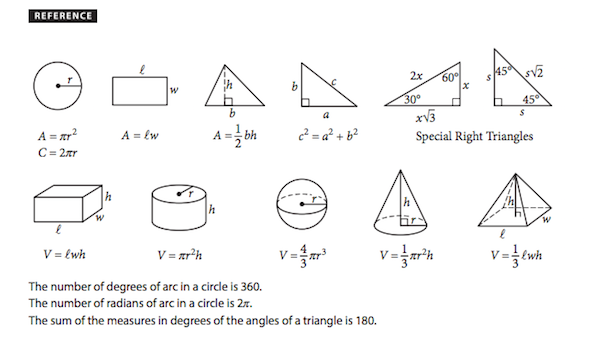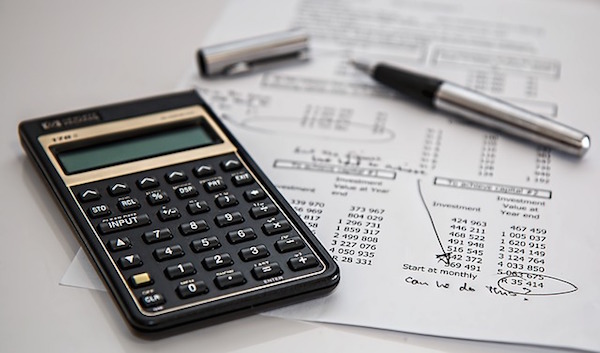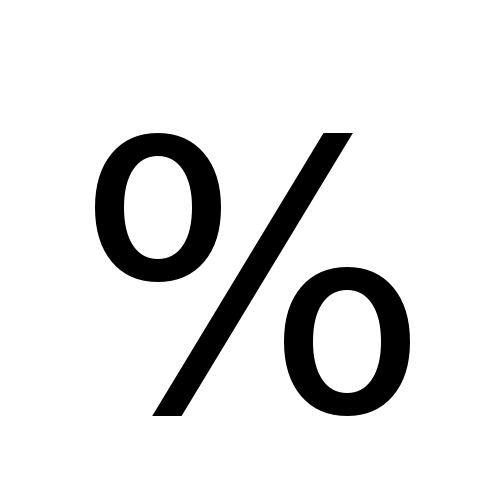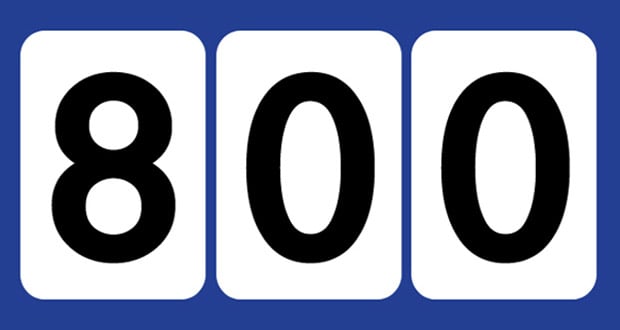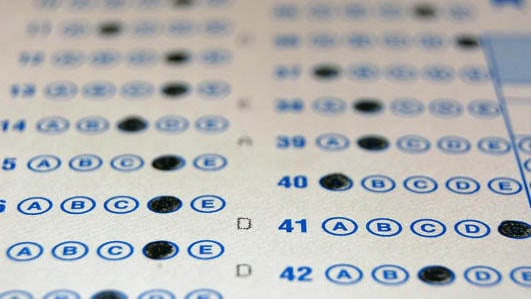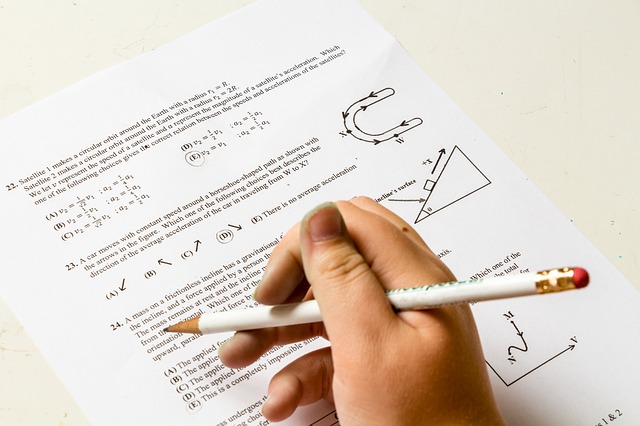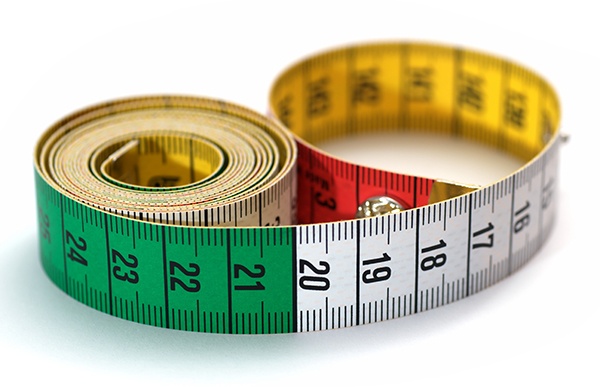You’ve taken the SAT/ACT and are ready to send your scores to colleges. But did you know that not all colleges require official score reports? That's right—many colleges are now letting applicants self-report their scores directly on their applications (and only requiring an official score report if they choose to enroll).
But what does self-reporting test scores mean? We answer this critical question here and also give you a list of popular colleges that allow self-reporting. Additionally, we'll go over how to self-report scores using the Common Application and Coalition Application.




